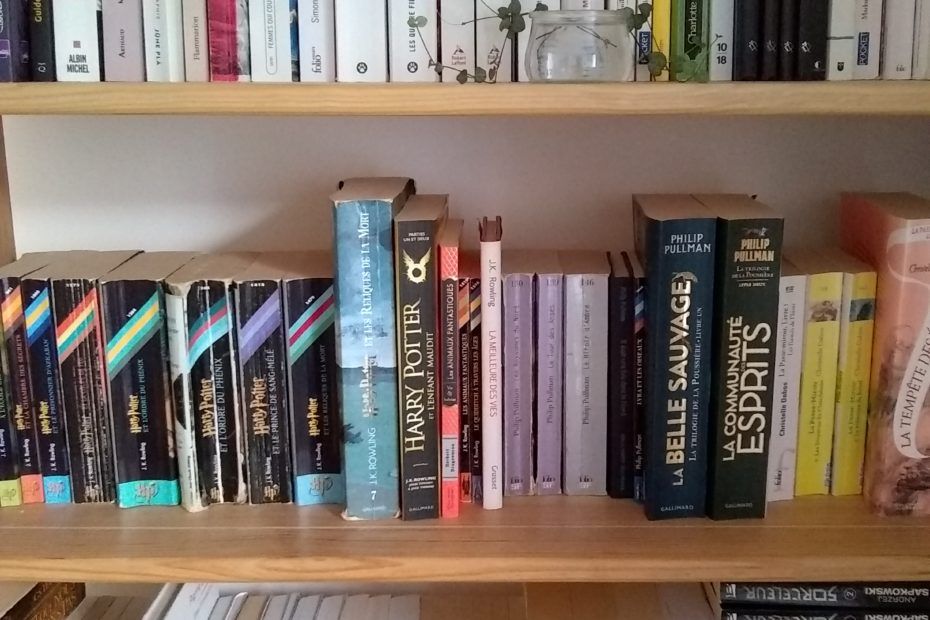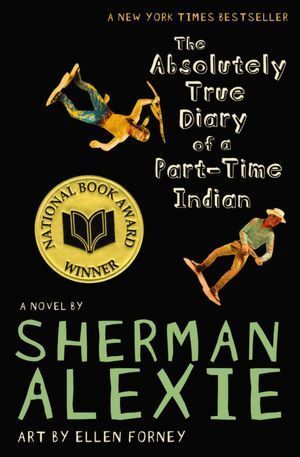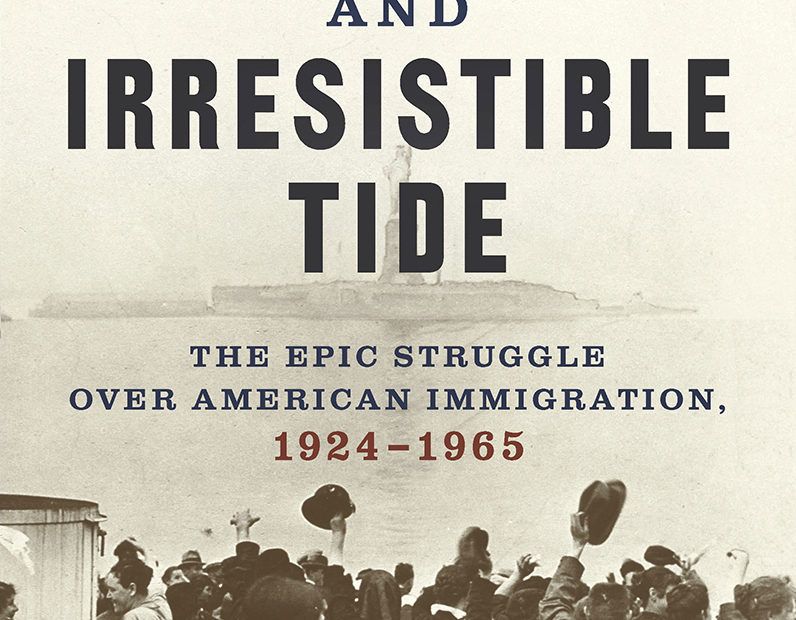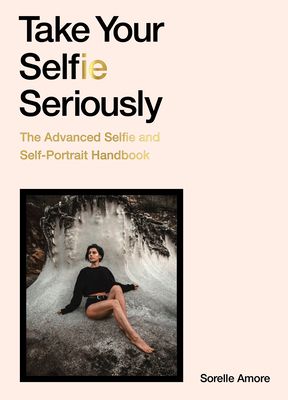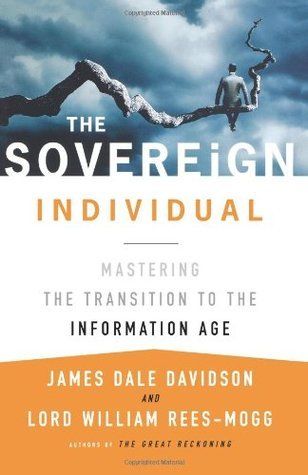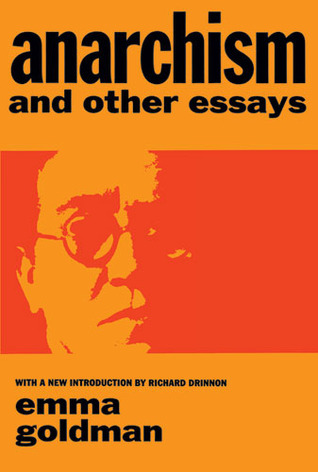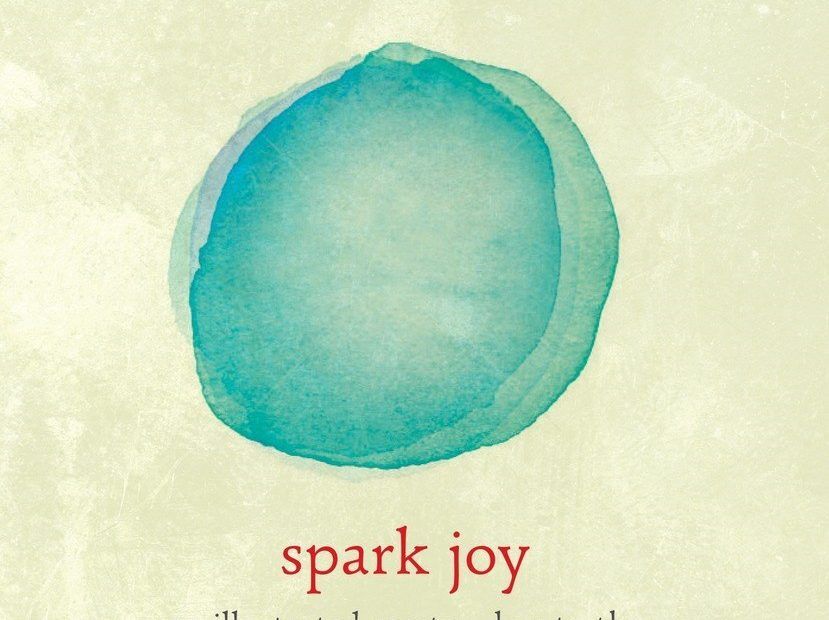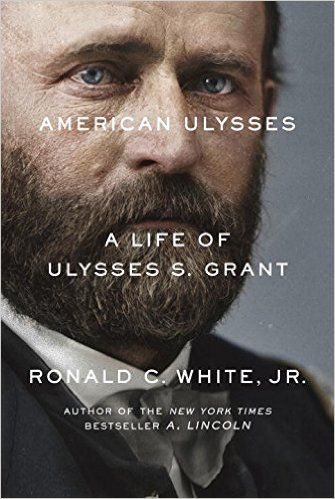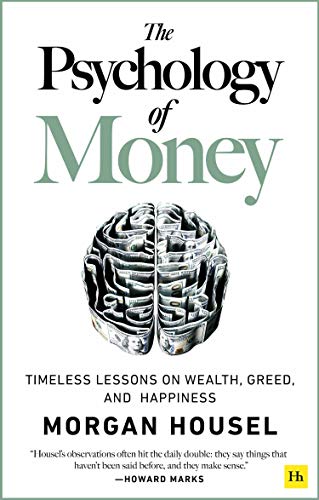5 Reasons You Should Take Up Reading As A Hobby
As a kid, I loved reading. I got sucked into the Lord of the Rings, C.S. Lewis, Phillip Pullman, J.K. Rowling, Piers Anthony, Redwall, the Game of Thrones, etc.
Not too surprising that I sought a career as a librarian. But for anyone out there who hasn’t yet gained a love for reading, here are 5 practical reasons you should take up reading as a hobby.
